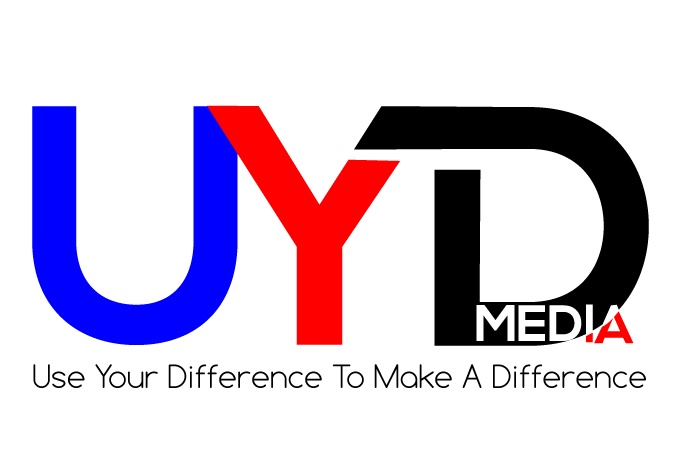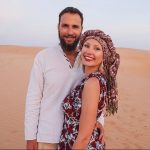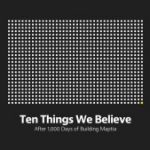I often feel like a foreigner in my own country. I was born in Burma and lived outside my passport country until it was time to go to college. My father worked in international agriculture.
I made my first round-the-world trip when I was seven months old. When I was six years old we moved to Mexico City where I attended a British school with children from over 30 different nationalities. I lived in Bogota, Colombia at 8600 ft. in the Andes Mountains for two years and met all kinds of interesting people. When I was 16, we moved to Lagos, Nigeria. Some of my best times were spent in Africa wandering around the countryside. We didn’t always have electricity and the phones rarely worked, TV was non-existent, and every Sunday I religiously took my malaria pills. We read every book in sight and when all else failed, we played a good game of cards.
I spent my junior and senior years in high school at boarding school traveling around Europe visiting art museums, famous landmarks, eating gelato and veal parmesan in Italy, and drinking beer in Germany. I had seen ruin after ruin in Greece and the silence of Dachau.
That is how I grew up.
Then I went off to college in California totally unprepared for life in the USA. I knew very little of the culture, history, or pop culture of the time. I was an American by birth. I looked like an American. I talked like an American. But I was very different.
My first year in college was a low point in my life. I could not relate to my peers and they could not relate to me. I thought there was something wrong with me. I had never had adjustment problems before. I had moved often and been to many new schools. What was wrong?
I learned to keep my mouth shut and listen. I listened to all the stories my peers told, and I smiled and nodded and I kept my mouth shut. Over time, they came to accept me and I slowly learned their language. I watched TV and could relate to their references, I picked up their slang, I listened to the radio and became familiar with their music. I slowly became one of them. And they slowly accepted the fact that my winter break consisted of a camera safari through East Africa, or a trip to the Ivory Coast.
It was a hard lesson to learn, but I learned it and I went on to form close friendships and lived happily in the USA for many years.
Fast forward twenty years later. I was sitting in a dark, drab apartment in Moscow, Russia, cruising the Internet. My one year old son was in the next room sleeping. My husband was out. I came across an article titled “Global Nomads” by Norma McCaig. As I read it, I realized she had written an article about me. I couldn’t believe it. She was describing me perfectly. She had the same experiences and feelings I did. Could it be possible somebody else had been through this very same thing? This article led me to others. I discovered I had a label. I was part of a group. I belonged to a group! Wow! It was the most amazing feeling. Global Nomad, Third Culture Kid, TCK. Hey, that’s me!
I learned there was research being done on me. People were studying me!
… TCKs take years to readjust to their passport countries… they suffer reverse culture shock… face an identity crisis…don’t know where they are from…have trouble settling down…prefer to socialize with other TCKs… develop chameleon like ability to become part of other cultures…
Yup, it was all there.
I have been back living in my passport country for twelve years now and I function pretty normally. But the reality is I am different. I still can’t easily answer the question when asked where I am from.
Last year I reconnected with some old friends from my high school days and it was like going home. It was the most comfortable I had felt in years because, as one of them put it, you don’t have to explain anything.
About Kathleen Gamble
Kathleen Gamble is a Third Culture Kid who has lived in 18 cities on 5 continents and travelled to over 40 countries. She has a degree in Spanish and currently lives in St Paul, Minnesota. In her free time she creates original needlepoint. You can follow her blog atExpatAlien.com or read her book Expat Alien available on Amazon.




